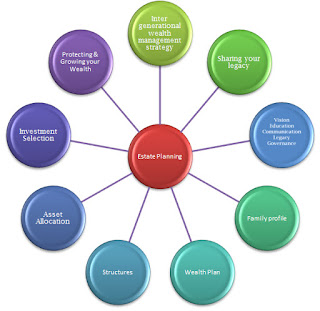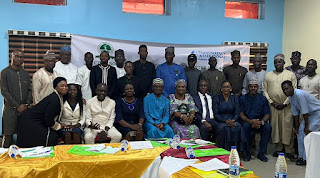Int’l Day for Biological Diversity 1.8b people ’ll lack water by 2025 – UN
By: Chioma Umeha
Unless there are increased efforts to reverse current trends, the
world will run out of fresh water come 2025, according to the United
Nations (UN). The world body stated this on Wednesday, while marking the
International Day for Biological Diversity. This year’s theme for the
Day is “Water and Bio-diversity,” which corresponds with the UN
Designation of 2013 as International Year of Water Cooperation. The Year
is being coordinated by UNESCO on behalf of UN-Water. It also called
for stronger scientific alliances to understand and protect natural
resources.
“We live in an increasingly water insecure world where demand often
outstrips supply and where water quality often fails to meet minimum
standards.
 |
| Spring-water |
“Under current trends, future demands for water will not be met. Although seemingly abundant, only a tiny amount of the water on our planet is easily available as freshwater. “Bio-diversity and the ecosystem services they provide are central to achieving the vision of a water secure world,’’ the UN Secretary-General, Ban Ki-moon said in his message for the Day.
He said that the mutually supporting roles of forests, wetlands and
soil bio-diversity. “Integrating nature-based solutions into urban
planning can also help us build better water futures for cities where
water may be acute given the rapid pace of urbanisation,’’ he added.
According to the UN Environment Programme (UNEP) of the total volume of
water on Earth, freshwater makes up around 35 million km3, or about 2.5
per cent of the total volume. “Water scarcity affects almost every
continent and more than 40 per cent of the people on our planet. “With
current trends, 1.8 billion people will be living in countries or
regions with absolute water scarcity by 2025, and two-thirds of the
world’s population could be living under water stressed conditions,’’
the UN Food and Agricultural Organisation (FAO) said.
“This is an opportunity for us to join efforts to enhance fair and
innovative water management arrangements and to share best practises for
the preservation of wetlands streams.
“Wetlands streams, lakes, coasts and marine zones play a substantial
role in ensuring bio-diversity,” the Head of UNESCO, Irina Bokova also
said in her message.
This story was published in Daily Newswatch on 25 May, 2013.



Comments
Post a Comment